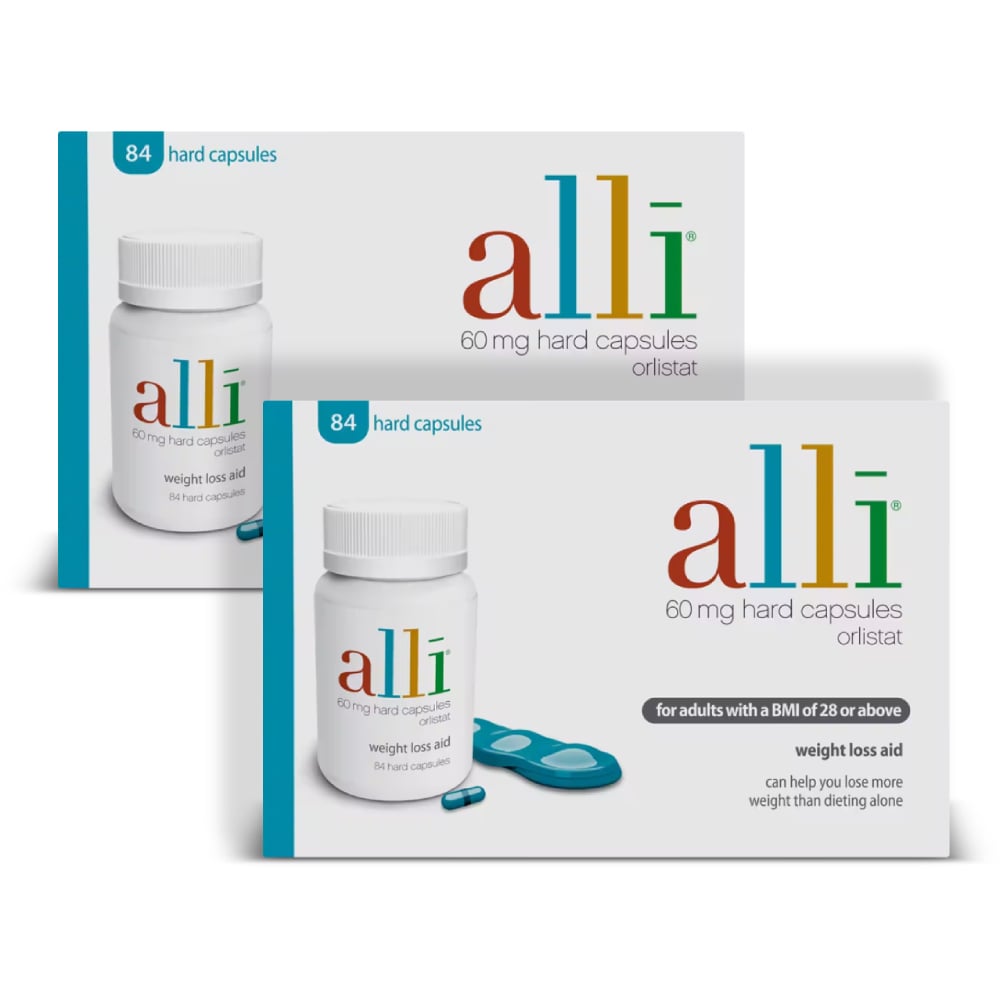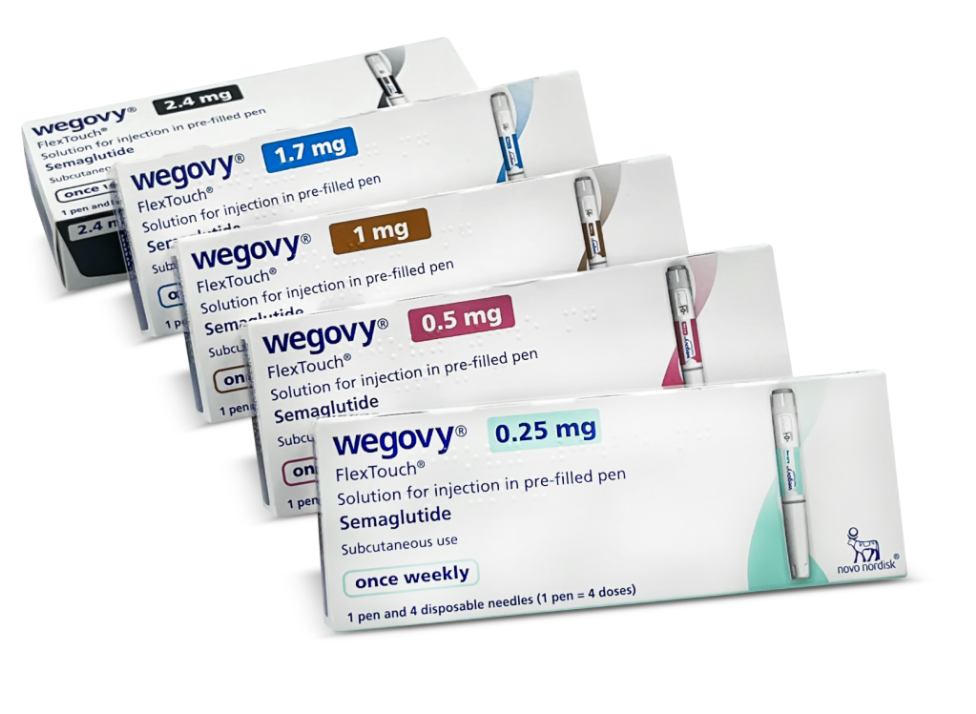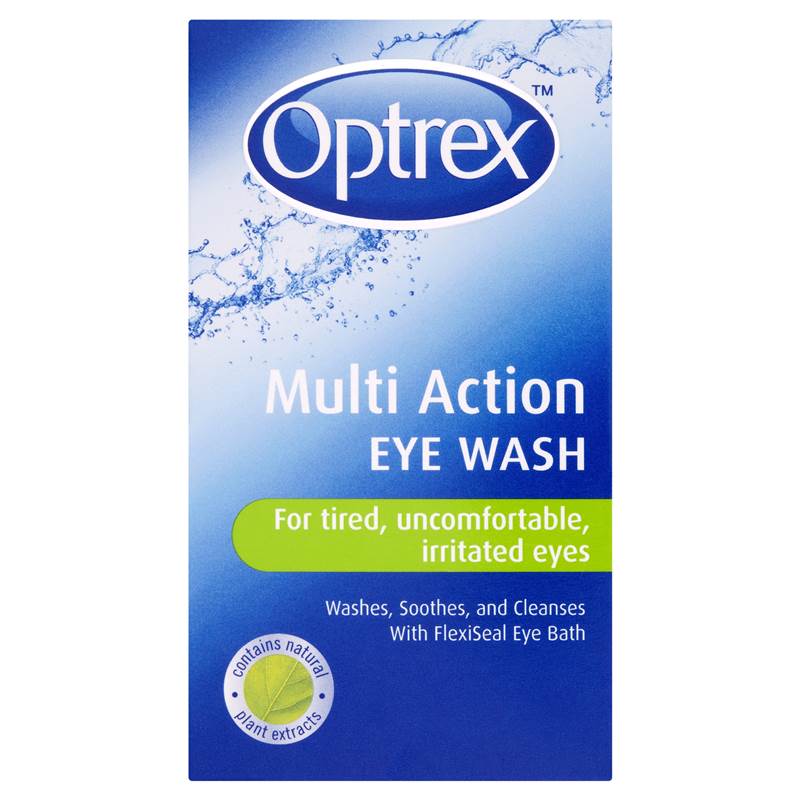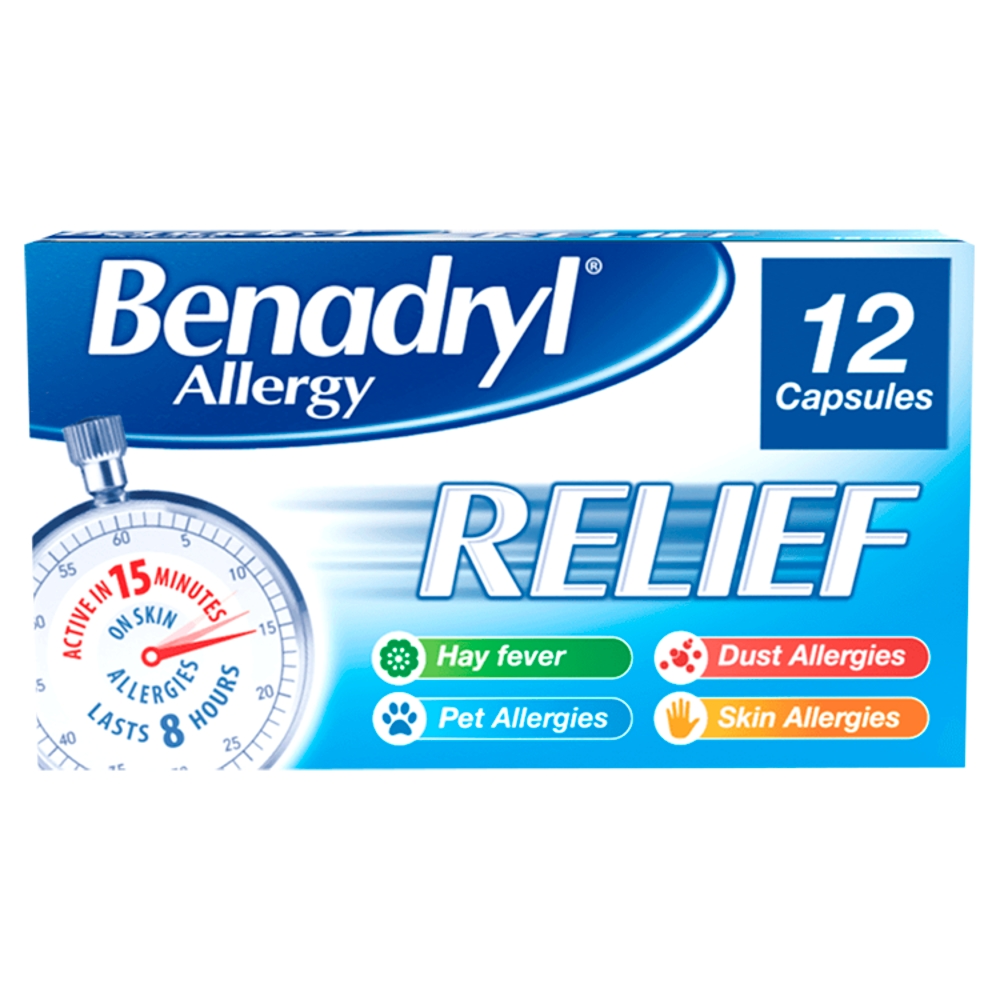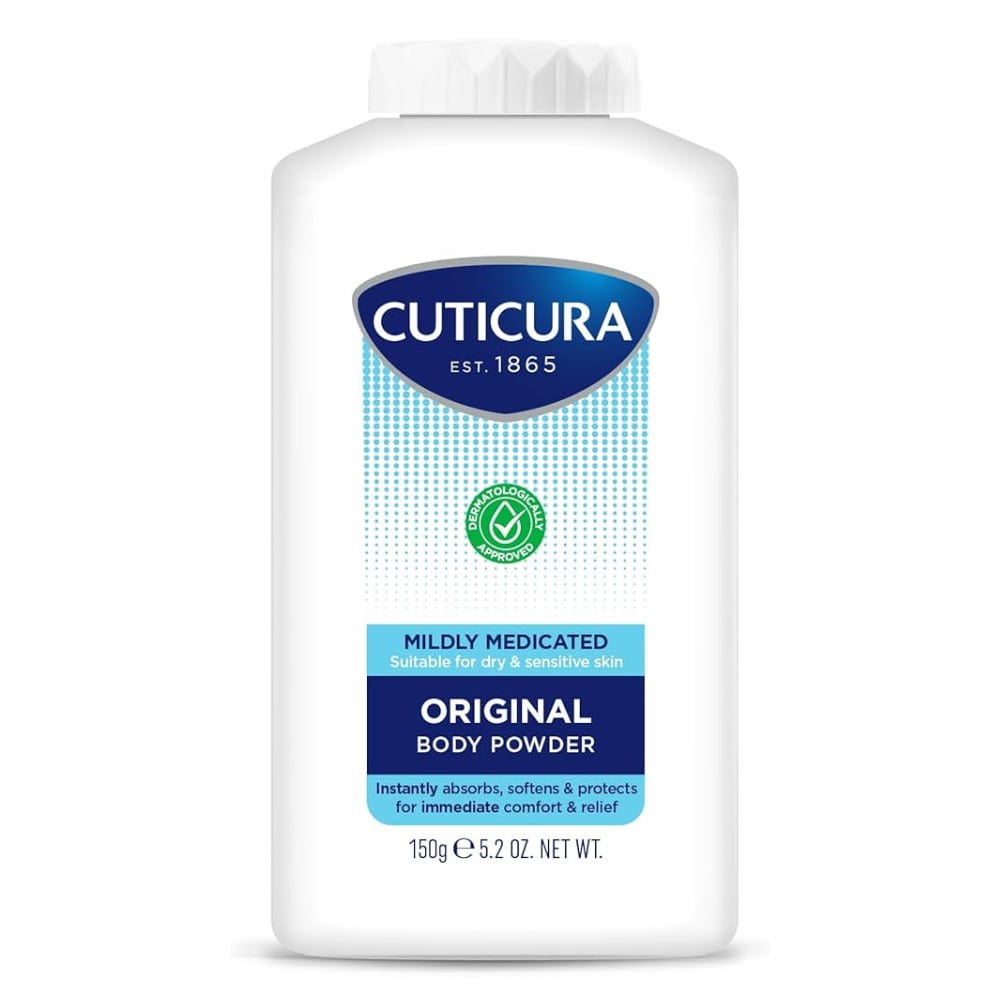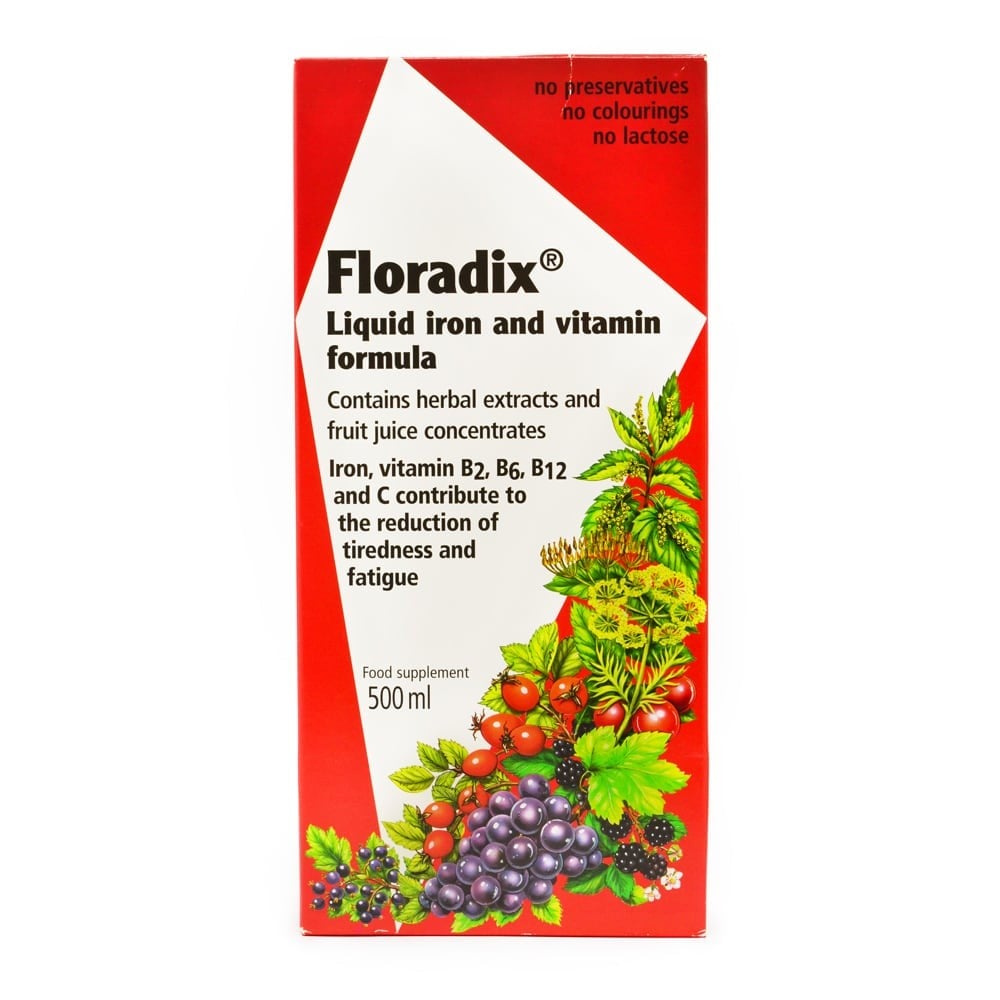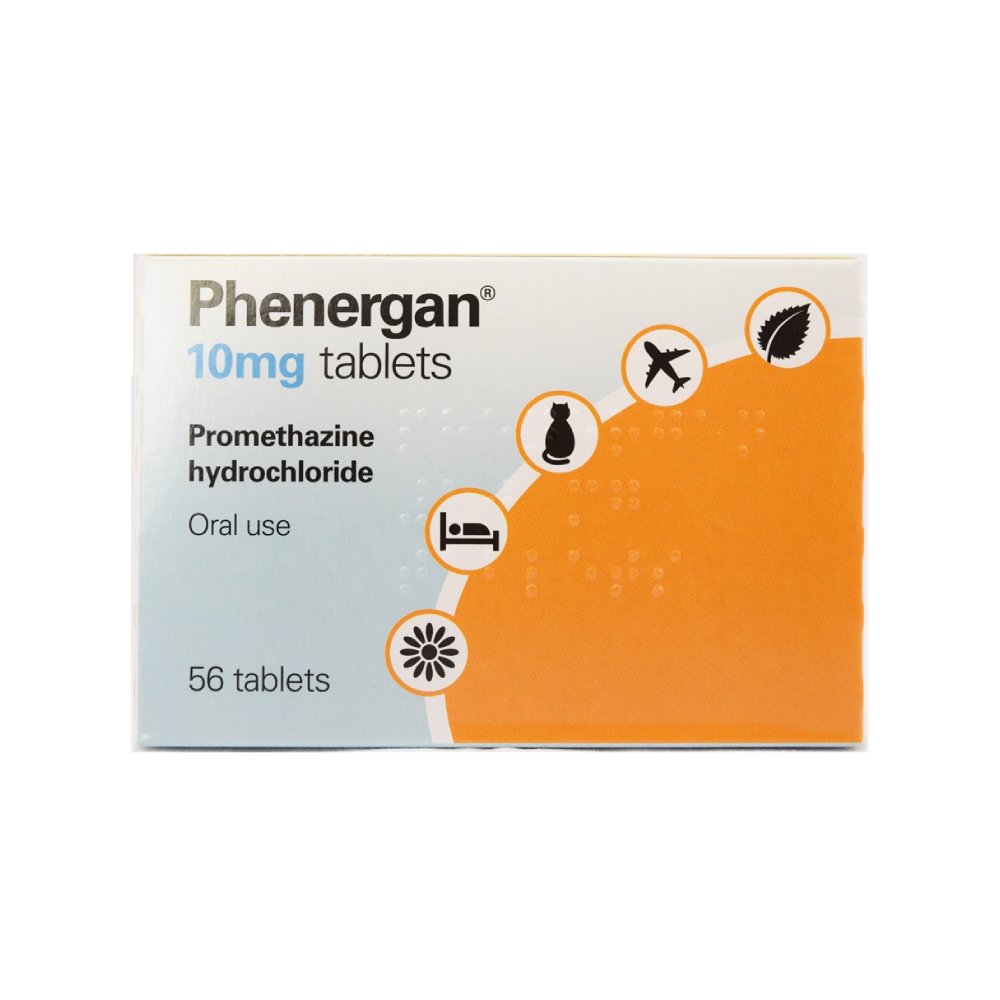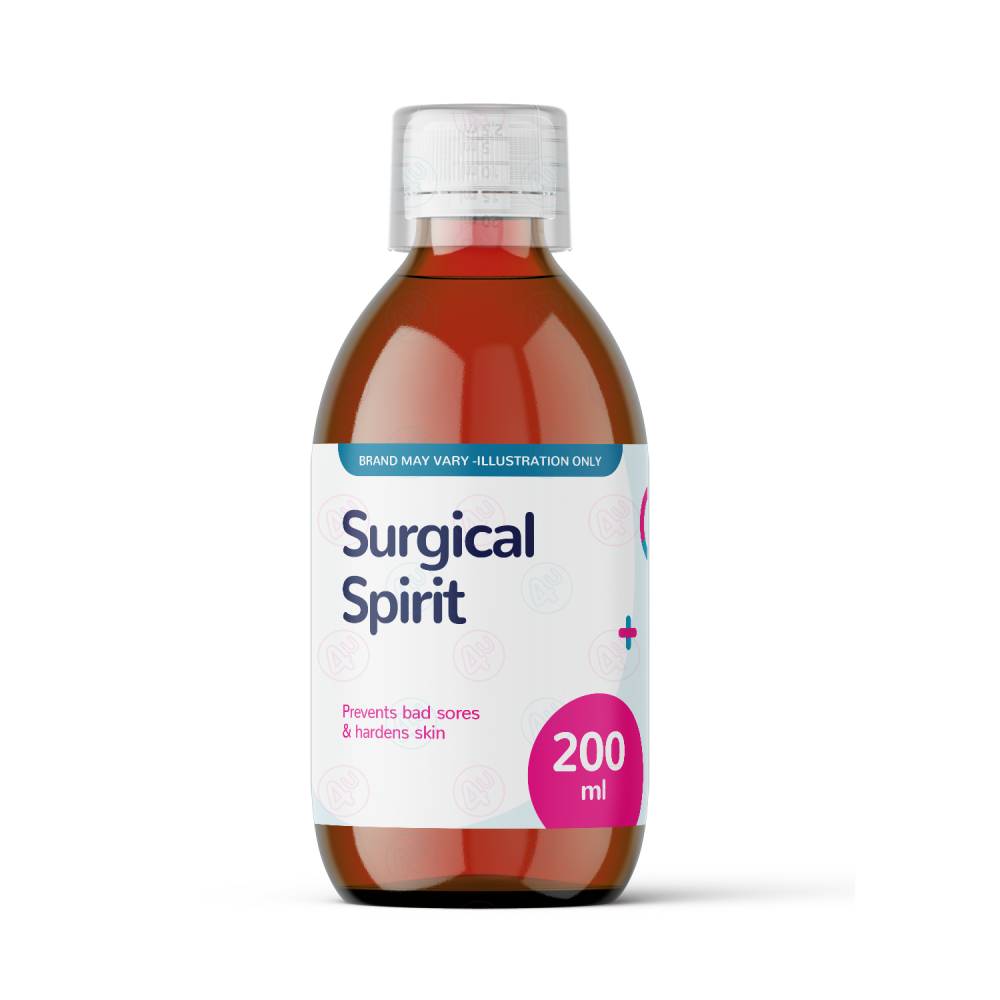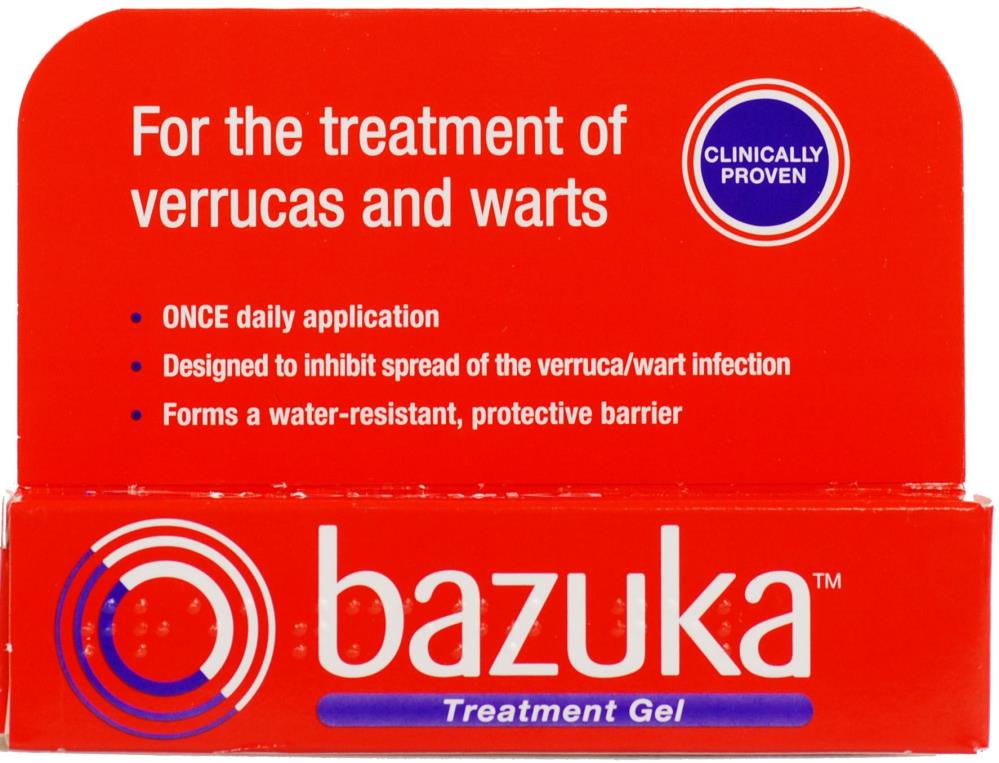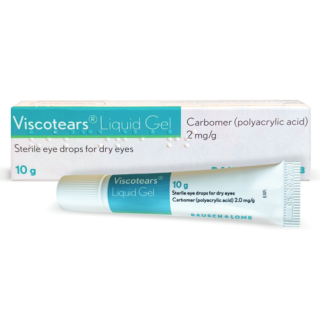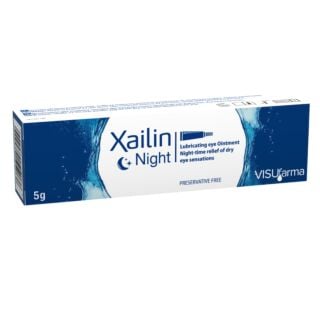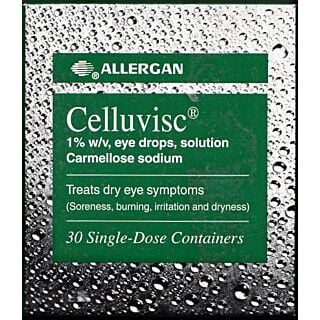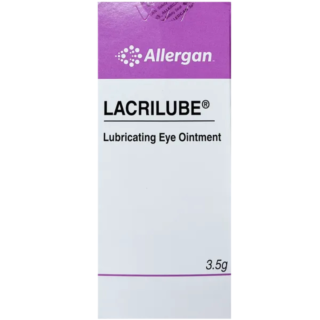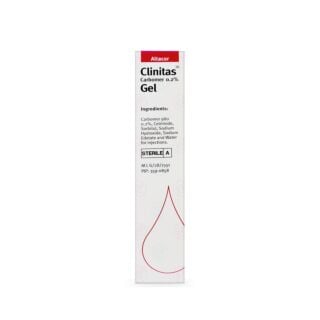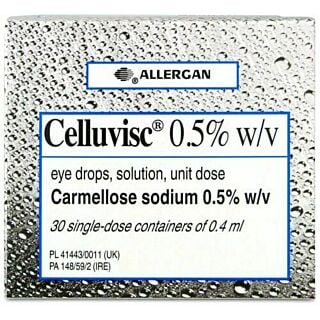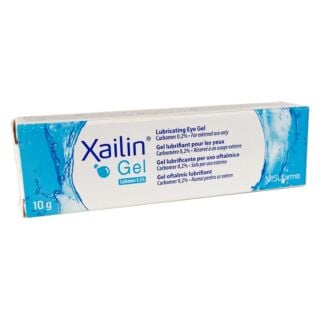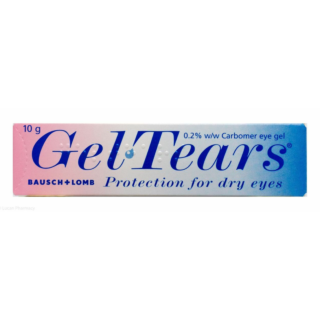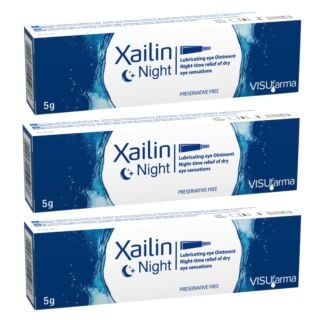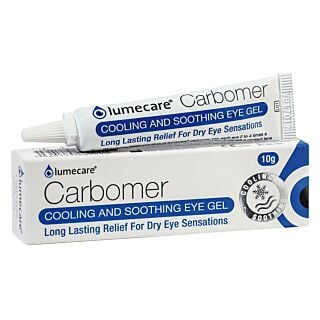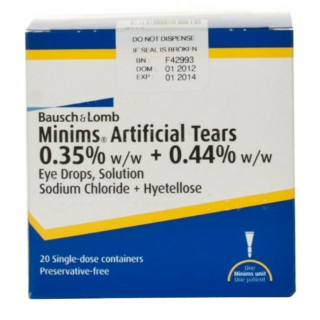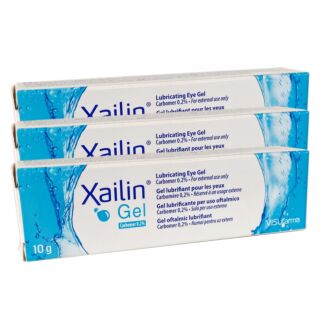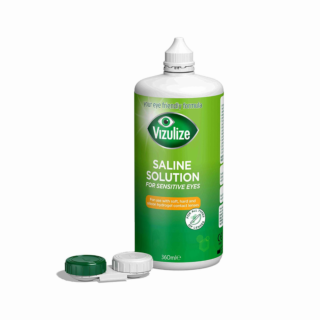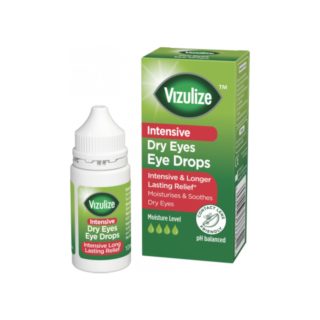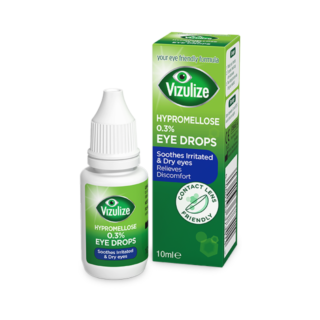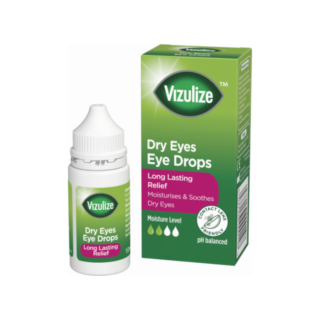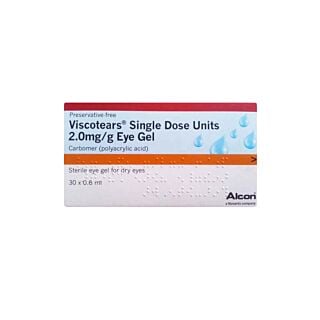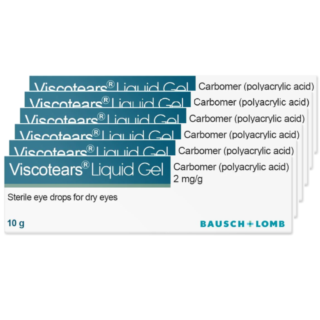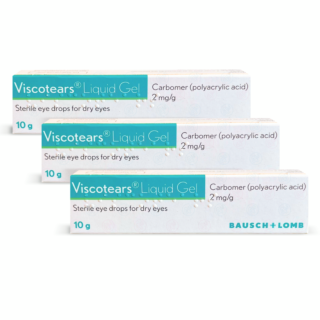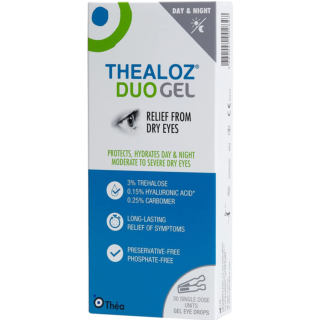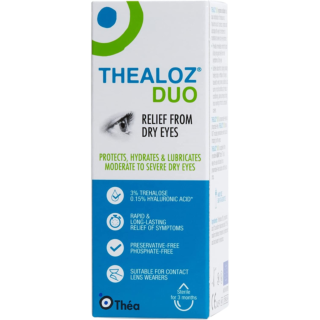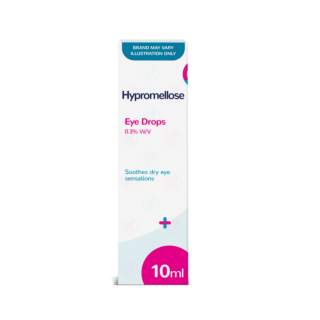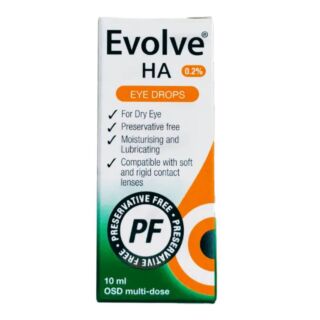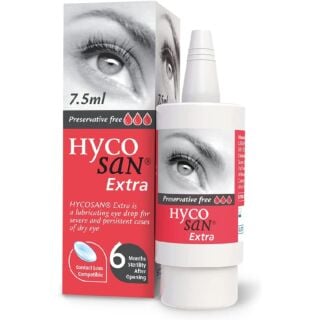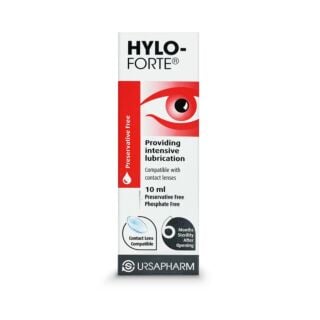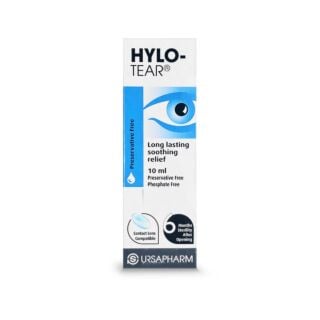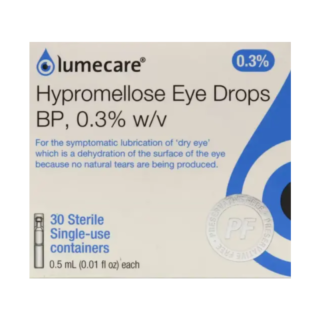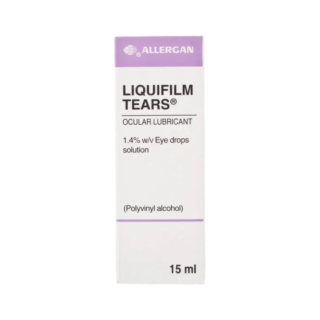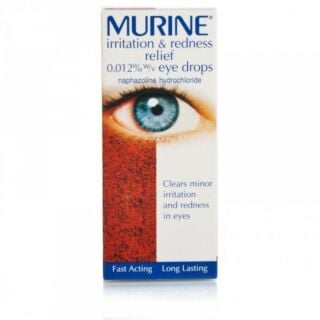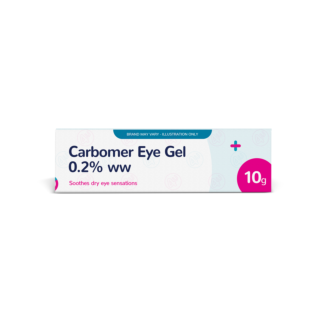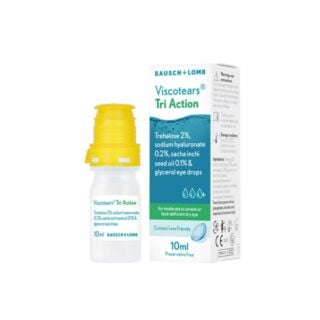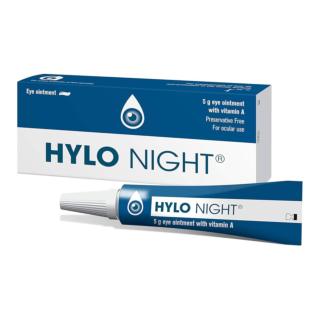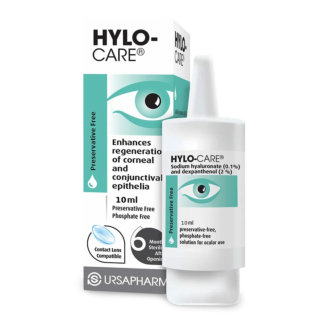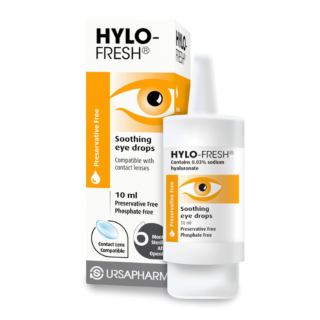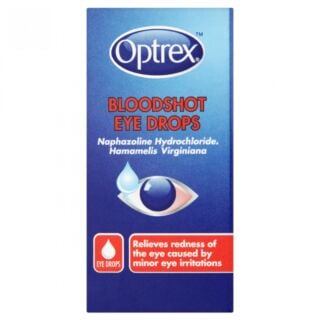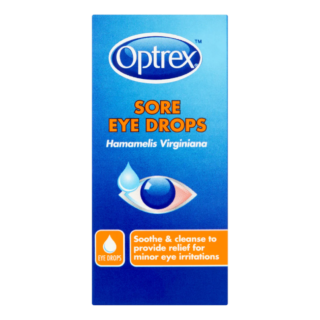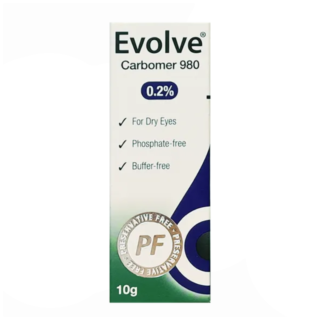Dry Eye
Dry eye is a common condition that can leave your eyes feeling irritated, gritty or sore - especially after a long day in front of a screen or outside in the elements. … Read More See less
Whether it’s caused by reduced tear production, age, lifestyle or an underlying health issue, dry eye can affect day-to-day comfort and even your vision. Thankfully, there are plenty of treatments available to help ease the symptoms and keep your eyes feeling refreshed and protected.
What is dry eye syndrome?
Dry eye syndrome is a condition where your eyes don’t produce enough tears, or the tears you do make dry up too quickly. This can leave your eyes feeling dry, gritty, sore or itchy - and in some cases, overly watery as your eyes try to compensate.
Tears are essential for keeping our eyes comfortable and protecting them from things like dust and debris. When they don’t do their job properly, our eyes can feel irritated, look red or our vision might become a little blurry.
Some people only get symptoms now and then, while others may find it’s a more regular problem – particularly in certain environments like air-conditioned rooms or after excessive screen time.
There are many possible causes of dry eye, from ageing and medical conditions to certain medications or lifestyle habits. Understanding the cause can help you find the right treatment to ease symptoms and protect your overall eye health.
What causes dry eyes?
There isn’t one specific cause of dry eyes - it can happen for a number of reasons and sometimes it might be a mix of things. Understanding what’s behind your symptoms can help you choose the right treatment.
Your eyes rely on a healthy tear film to stay comfortable and protected. This tear film is made up of three key layers:
- Mucin layer – helps tears spread evenly across the surface of your eye and stick properly
- Aqueous (water) layer – keeps your eyes hydrated while delivering nutrients
- Lipid (oily) layer – prevents tears from evaporating too quickly and keeps the surface smooth
If any one of these layers isn’t working as it should, you may start to experience dry eye symptoms.
Common causes of dry eyes include:
- Ageing – tear production naturally slows down as we get older, especially after the age of 50
- Screen time – blinking less while using computers or phones can lead to dry, tired eyes
- Wearing contact lenses – contacts can reduce the amount of oxygen reaching your eyes
- Certain medications – including antihistamines, antidepressants and some medications for blood pressure, acne and Parkinson’s Disease
- Hormonal changes – often linked to pregnancy or menopause
- Health conditions and eye infections – like blepharitis, rosacea, diabetes, Lupus or autoimmune disorders such as Sjögren’s syndrome
- Environmental factors – think air conditioning, central heating, windy weather, or exposure to smoke and dust
- Eye surgery – laser eye surgery can affect tear production, especially in the short term
Dry eye syndrome symptoms
Dry eye symptoms can range from mild discomfort to more persistent irritation that affects your daily life. Here are the most common signs to look out for:
- Dryness or grittiness - your eyes may feel dry, scratchy, or like there’s something in them – giving a gritty or sandy sensation
- Itching or burning - your eyes may become itchy or have a burning feeling, especially in very dry or windy environments
- Redness - inflammation from the dryness can make the whites of your eyes look red or bloodshot
- Blurred vision - your sight might go slightly blurry, particularly after reading, screen use or when you first wake up – you may find that it improves after blinking
- Watery eyes - perhaps surprisingly, dry eye syndrome can actually cause your eyes to water more than usual. This happens when your eyes try to compensate for the dryness by producing extra tears
- Sensitivity to light - you might find bright lights or glare more uncomfortable than usual
- Eye fatigue - tired or heavy-feeling eyes are common, particularly after long periods of concentration such as when you’re reading or working on a computer
How are dry eyes and headaches linked?
Dry eyes and headaches can come as a pair, especially if your symptoms are triggered by eye strain from screen use or underlying health conditions.
When your eyes are dry, they have to work harder to stay focused and comfortable. This can cause your eyes to strain more, which may create tension around your forehead or behind the eyes – both of which are common signs of a headache.
Other ways dry eyes and headaches may be connected include:
- Dehydration – not drinking enough water can contribute to both dry eyes and headaches
- Sinus pressure – if your headache is caused by blocked sinuses, it can sometimes affect the eyes too
- Underlying conditions – migraines and certain autoimmune disorders may cause both symptoms to occur at once
If you're regularly dealing with both dry eyes and headaches, it's worth speaking to your GP to rule out any underlying causes. They will be able to recommend the most suitable treatment too.
What part do screens play?
Screens play a big role in modern cases of dry eye. When you focus on a screen - be it your phone, tablet or computer - you tend to blink less often.
As a result, your eyes aren’t getting the regular coating of tears they need to stay hydrated and the tear film evaporates more quickly, leading to dry eyes.
Over time, this can also cause eye strain, making your eyes feel tired or even sore. Some people may also develop tension headaches after long periods of screen use, especially when not taking regular breaks or when working in dim light.
Simple changes such as adjusting your screen brightness, reducing glare by using lubricating eye drops and looking away from screens more regularly can all help reduce the impact on your eyes.
Dry eye treatment
There’s no one-size-fits-all treatment for dry eye syndrome, but there are plenty of simple options to help relieve symptoms and keep your eyes feeling more refreshed and comfortable.
Dry eye drops
For many, using over the counter lubricating eye drops - also known as artificial tears - is an easy first step.
They help to hydrate the surface of the eye and provide quick relief from dryness and irritation. You can use them as often as needed, and preservative-free options are available if you have sensitive eyes or need to use drops more regularly.
Alternative treatment options
Other dry eye treatments may include:
- Eye gels or ointments – thicker than drops, ideal for overnight use
- Warm compresses – help to unblock glands around the eyelids and improve tear quality
- Eyelid wipes – useful if your dry eyes are linked to blepharitis or inflammation
- Dietary supplements – omega-3 fatty acids may help improve tear production over time
In more persistent cases, your optician or GP may recommend stronger prescription treatments or other procedures such as surgery to manage chronic dry eye conditions.
Can dry eye be a long-term condition?
Dry eye can be a long-term condition, especially if it’s linked to less controllable factors such as ageing, hormonal changes, ongoing medication use or underlying health issues like blepharitis.
While symptoms may come and go in these circumstances, they often need ongoing management.
That said, long-term dry eye doesn’t mean you have to live with discomfort. With the right treatment plan – be that regular use of eye drops, a warm compress or targeted eyelid care - most people can keep their symptoms under control and avoid flare-ups.
If your symptoms are persistent or you feel they’re getting worse, it’s a good idea to speak to a pharmacist, optician or your GP. They can then help to identify the underlying cause and suggest the best long-term treatment for your dry eyes.
Sources
- https://www.mayoclinic.org/diseases-conditions/dry-eyes/symptoms-causes/syc-20371863
- https://www.nhs.uk/symptoms/dry-eyes/
- https://www.aao.org/eye-health/tips-prevention/facts-about-tears
- https://www.nei.nih.gov/learn-about-eye-health/healthy-vision/how-eyes-work/how-tears-work
- https://www.medicalnewstoday.com/articles/can-dry-eyes-cause-headaches#can-dry-eyes-cause-headaches
- https://www.healthline.com/health/shut-the-lid-on-chronic-dry-eye/computer-use
- https://www.aao.org/eye-health/tips-prevention/digital-devices-your-eyes
- https://www.aao.org/eye-health/treatments/lubricating-eye-drops
- https://www.mayoclinic.org/diseases-conditions/dry-eyes/diagnosis-treatment/drc-20371869
- https://cks.nice.org.uk/topics/dry-eye-disease/

Free delivery when you spend over £39

100% discreet delivery for every item ordered

Fully regulated UK pharmacy
Can dry eyes cause blindness?
Dry eyes typically aren’t something to worry about, and can only cause blindness in the severest of cases if they haven’t been treated.
If you have a lack of tears and moisture in your eyes, they aren’t protected against infections, which can damage the surface of your eyes.
If this goes untreated, dry eyes can lead to things like inflammation, corneal ulcers, and very occasionally, vision loss.
What eye drops are best for dry eyes?
Dry eyes are a common problem, but whatever the cause, from allergies to eye strain, it can be very uncomfortable to just get through the day.
You can get over the counter eye drops which help to moisturise the eye by containing humectants, lubricants and electrolytes.
It might be a good idea to try Optrex Double Action eye drops if you’ve got dry or tired eyes - you could also try a gel formula if you’d prefer, like Liquivisc.
What causes dry eyes?
There are lots of different reasons why you might be suffering from dry eyes - although they might be irritating, they’re usually nothing to be concerned about.
You’ll be more likely to develop dry eyes if you’re over 50, wear contact lenses, spend a long time looking at screens, if you spend time in air-conditioned or windy, cold dry and dusty environments; take certain medicines, and smoke or drink excessively.

